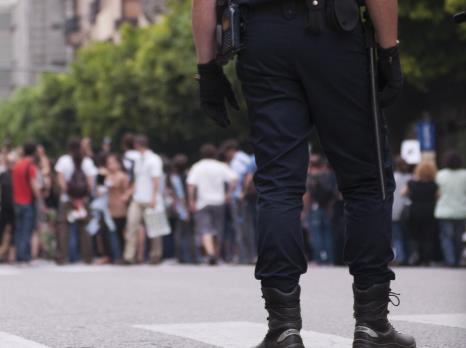
Yvette Cooper could abandon a law that has seen hundreds of people criminalised for carrying out peaceful protests.
An attempt to overturn a high court judgment that the previous Conservative home secretary acted unlawfully has been adjourned to allow the civil liberties group Liberty and ministers to open talks about the future of the contentious legislation.
Hundreds of protesters have been arrested since the last Conservative government redefined the sort of protest that could be restricted by the police. Those prosecuted under a looser definition of “serious disruption” included the climate activist Greta Thunberg, who was acquitted of all charges in a hearing in February 2024.
Liberty won a legal challenge against the Home Office in May over the regulations passed by statutory instrument last year by Suella Braverman. The quashing of the measures had been suspended pending an appeal, however, which was due to be held in London on Tuesday.
On Monday, Liberty said its lawyers had agreed to adjourn the hearing before talks with the Home Office, now overseen by Cooper, to “find a resolution in the case”.
Katy Watts, a lawyer at Liberty, said: “We are glad the new government are taking a moment to reconsider, as this case has immense implications for our democracy and the potential unchecked power of ministers.
“The choice now facing the new home secretary is simple: do you want to continue the legacy of the past government with their rule-breaking and disrespect, or will you put into action your attorney general’s words and stop the abuse of secondary legislation?
“We hope today marks a new era of government, respect for our democracy, and we see this case dropped.”
Liberty said a meeting would take place “in the coming weeks”.
In their judgment last May, Lord Justice Green and Mr Justice Kerr said the government had overreached in defining “serious disruption” as merely “more than minor” and that it had been wrong to consult only with law enforcement agencies about the repercussions of the change.
In their legal challenge to the regulations, the National Council for Civil Liberties, also known as Liberty, argued that they represented “a constitutionally unprecedented attempt on the part of the executive to achieve by the back door through delegated legislation what it was unable to achieve by the front”.
The Home Office did not immediately respond to a request for comment.












